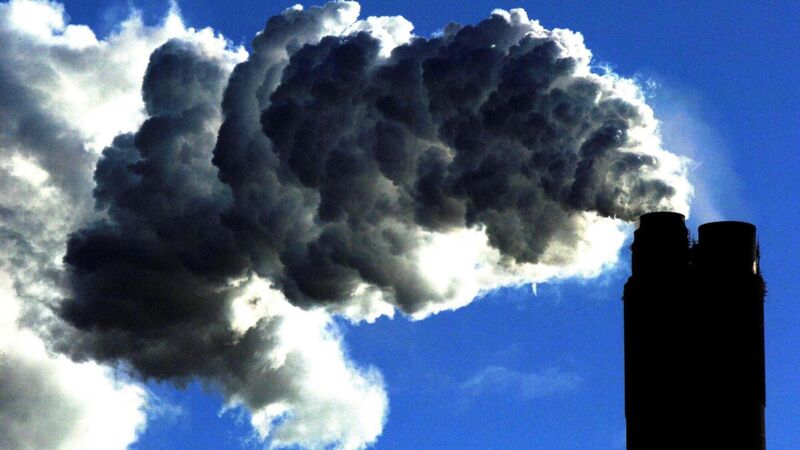Climate experts call on Government to show 'greater ambition' on reducing carbon emissions

Transport, industry, and building heating systems are the three worst sectors in terms of matching their targets. File photo: John Giles/PA
Try from €1.50 / week
SUBSCRIBEClimate experts have called on the Government to significantly ramp up its focus on meeting Ireland’s carbon-reduction targets rather than risk spending the same money on massive EU fines at the end of the decade.
New figures from the Environmental Protection Agency show that, at best, Ireland is set to miss its own greenhouse emissions targets by over 50% by 2030.
Already a subscriber? Sign in
You have reached your article limit.
Annual €130 €80
Best value
Monthly €12€6 / month
Introductory offers for new customers. Annual billed once for first year. Renews at €130. Monthly initial discount (first 3 months) billed monthly, then €12 a month. Ts&Cs apply.
CONNECT WITH US TODAY
Be the first to know the latest news and updates
Newsletter
Keep up with stories of the day with our lunchtime news wrap and important breaking news alerts.
Monday, February 9, 2026 - 6:00 AM
Monday, February 9, 2026 - 8:00 AM
Monday, February 9, 2026 - 8:00 AM
© Examiner Echo Group Limited